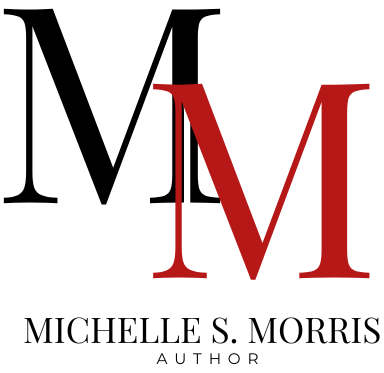There’s a peculiar kind of grief no one warns you about.
Not the grief of losing someone you love, though that’s inescapable too, but the quieter grief of losing yourself. Of realizing that the person you’ve been building for years, the confident, capable, untouchable version of you, has slipped through your fingers like water.
That’s the ache that runs through Michelle Morris’s Comes Around.
Halley McCarthy is not coming home as a winner. She’s not the prodigal daughter coming back to town with everything in order. Instead, she’s driving back to the Michigan roads she swore she’d never go on again. Her car is full of boxes of a life she couldn’t keep together, and her heart feels too weak to give to anyone, even her family.
I kept thinking, “What does it mean to let go of the person you thought you would be?” as I read.
Halley’s dad, Irish McCarthy, is a big man: a biker, a leader, and a man whose silence speaks louder than his words. There are a lot of gaps in their relationship, years that have gone by without them talking about their feelings, and feelings that are so deep that neither of them knows how to get them out.
But beneath that silence, there’s something tender. Something unbroken.
I think that’s what struck me most about this story. It’s not about fixing things, not really. It’s about learning to sit in the brokenness without turning away. To admit, even if only to yourself, that maybe you don’t know how to move forward.
The McCarthy family is not simple. They are both friendly and distant at the same time. They fight and laugh just as hard. Priss, Halley’s stepmother, is a woman who is both graceful and sharp. Her younger siblings barely know her, but still feel the tug of sisterhood and rivalry all the same.
And then there’s Scarlett, the baby of the family, the one who clings to Halley as if she’s been waiting her whole life for her big sister to come home. Their moments together are small but potent, and they reminded me that sometimes the people we think we’ve disappointed most still hold us in the softest corners of their hearts.
Morris writes grief and longing the way they really feel: messy, nonlinear, full of false starts. There are no sudden epiphanies here, no neat resolutions or dramatic reconciliations. Healing comes in fragments, in a quiet dinner at the family bar, in the hum of motorcycle engines on an open road, in the tentative way Halley learns to unclench her heart.
There’s also a subtle thread of danger woven through the narrative. Someone from Halley’s past refuses to let her go, and the tension simmers just beneath the surface. But the real conflict is internal: Can Halley forgive herself for falling apart? Can she let go of the woman she thought she had to be?
I kept thinking about the last time I went back to my own childhood home. It had been years. The door creaked like it always did, and the wallpaper in the hallway was still peeling in that one corner. But the air felt different, thicker, as if the walls were holding a thousand stories I didn’t want to hear again. I remember standing in my old bedroom and running my hand over the desk where I used to write down my dreams in spiral notebooks. I felt a pain that I couldn’t put a name to. It wasn’t really sadness or longing for the past. It was more complicated than that; it was a mix of who I was and who I had become. That was how I felt when Halley came back. It wasn’t like coming home; it was more like a reckoning.
I finished the book in the early hours of the morning, the sky just beginning to lighten outside my window. And I sat there for a long time after that, staring at the cover and thinking about the people we’ve all been: the ones we’re proud of, the ones we’re ashamed of, and the ones we barely recognize anymore.
It’s easy to think that those parts of us are gone for good. But maybe we don’t lose them, like Halley. We might carry them home without saying a word.
Comes Around made me remember that it’s okay to fall apart, no shame in starting over. Sometimes, though, the bravest thing you can do is let the people who love you most put you back together, piece by piece.


